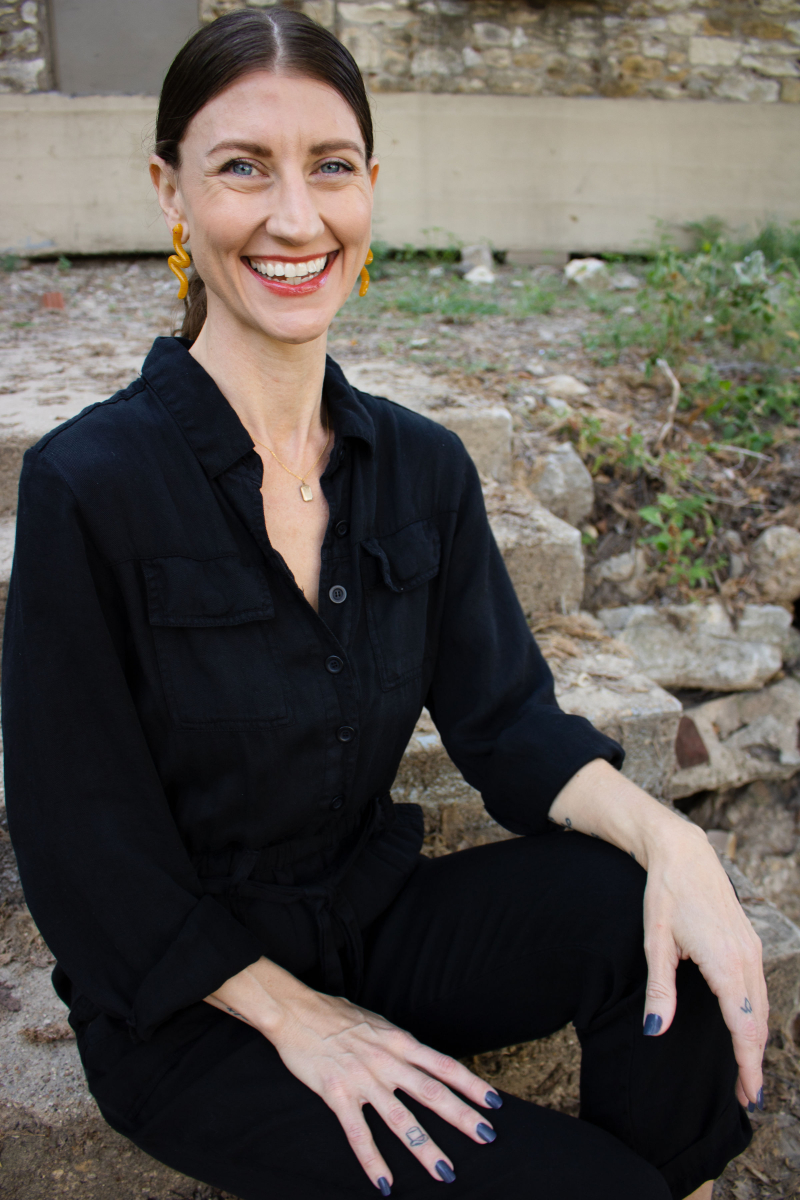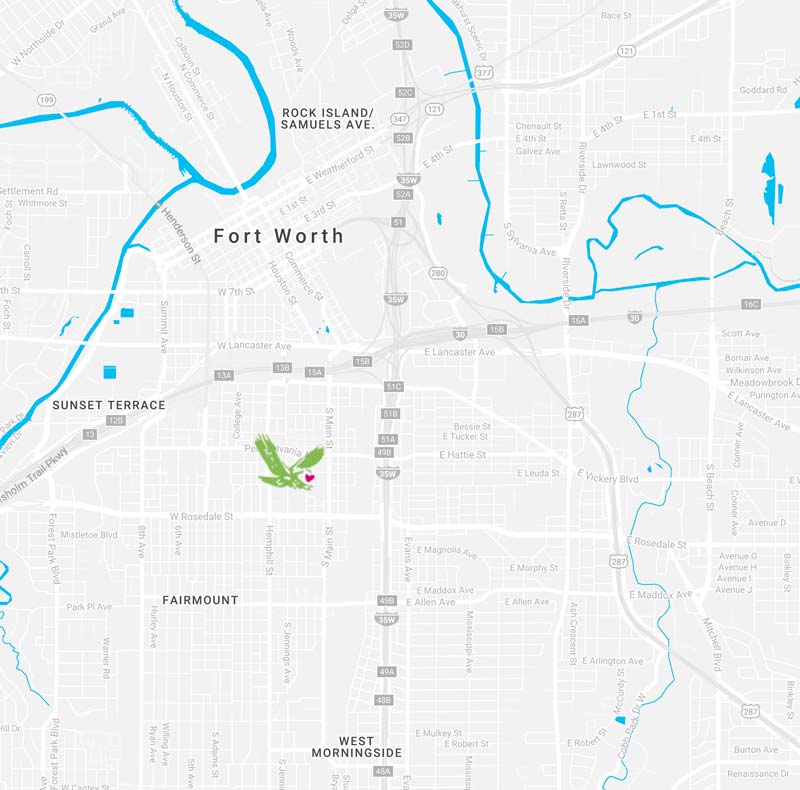Q&A with Death Doula, Taylor Bell
In a world that often shies away from discussions surrounding death and dying, the role of a death doula has emerged to bring compassionate and holistic support to individuals and their families both in preparation and during life’s final chapter. These dedicated professionals offer emotional, spiritual, and practical guidance to ensure a peaceful and meaningful transition from life to death.
Whether you are curious about the role of death doulas, seeking guidance in dealing with grief, or simply looking to gain a deeper appreciation for the delicate subject of life and death, this insightful Q&A session promises to leave you with a renewed perspective of the dying process.

Meet Taylor Bell:
In 2013, Taylor’s mother, Vicki, was given a terminal diagnosis after years of evading adrenal cancer. Her mother took the diagnosis head-on, getting her affairs in order, planning her celebration of life service, and even creating a sacred space within her home in which she could pass. This profoundly affected Taylor and sparked her desire to help others create an end-of-life process that is both meaningful and supported.
In 2022, she began making her shift from yoga instructor and studio director into death work by volunteering with hospice and received her End-of-Life Doula certification through CareDoula. One year later, she launched The Art of Dying, an end-of-life planning and companionship business, alongside her dear friend and fellow death doula, Lacy Buynak.
What is a death doula and what role do they play in end-of-life care?
To quote the National End-of-Life Doula Alliance, “End-of-life doulas provide non-medical, holistic support and comfort to the dying person and their family, which may include education and guidance as well as emotional, spiritual or practical care.”
What are some common misconceptions or myths about death doulas that you often encounter? How do you address them?
People tend to think death doulas are exclusively there for the dying process. While this might be true for some death doulas, the role has been expanded upon to include support well before the active dying stage. This is why we tend to call ourselves end-of-life planners and companions as well as death doulas. We work within the entire spectrum of life.
How do you work collaboratively with other healthcare professionals, such as hospice staff or palliative care providers, to ensure holistic care for the dying person?
We’re huge advocates of both hospice and palliative care; the services they offer are invaluable. If someone we’re working with is not yet using those services, we may be able to help them understand the benefits they can provide, as well as navigate which specific program might work best for them. If someone is already using hospice or palliative care, we can reinforce their care plan while also focusing on supporting the dying person, and their caretakers, in more customizable ways that are important to them.
In your opinion, how can society as a whole better support individuals and families facing the end of life, and what role can death doulas play in that process?
Be open to talking about death, and willing to fully support the dying person and the requests they make / wishes they express. This is actually where I think death doulas can be such an asset, as they can help foster these conversations and create cohesion between the loved ones, the care/medical team, and the dying person.
Can you describe a particularly poignant or memorable experience you had as a death doula that has deeply impacted you?
The first terminal person we worked with was still able to be up and about when we started One-on-One sessions with her. During one such session, she and I did chair yoga for about thirty minutes. Afterwards, she became emotional because, as she said, ‘For the first time in a long time, I did something that wasn’t about me dying. It was about what I could still do.’ That was pivotal, and definitely informs how we hope to serve people.
What are some of the common fears or anxieties that individuals express when confronting death, and how do you help them address or navigate those fears?
Much of it seems to fall under fear of the unknown; Will dying be painful? What happens after we die? Will my loved ones be okay? I find the most helpful thing is to simply listen, because people appreciate being fully heard. Depending on what they share, I may be able to share something in kind to help ease their fears. In other cases, it might be me contacting someone on their care team – a nurse or doctor that can discuss medication to help with pain, their hospice chaplain can discuss their fears around the afterlife, or letting their loved ones know that it could be helpful if they let the dying person know that they will, in fact, be okay after their death.
How do you support individuals who may have unresolved issues or regrets as they approach the end of their lives? Are there any specific techniques or strategies you employ?
Again, fully listening to their issues and/or regrets is the first step. So often we just need someone to witness our pain. Then offering them as much grace and reassurance as possible. If it’s a situation in which we may be able to reach out to someone directly that could help, be it their social worker through hospice or perhaps someone they want to make amends with, we’ll follow that through.
How do you support healthy people in considering what they would want their eventual end of life to look like?
Through an Art of Pre-planning session! We give clients a customizable binder and go over all five sections so they can begin making notes, saving info, and completing their end-of-life paperwork. The reality is, death can come regardless of our age or health. By having certain legal and logistical items completed, our wishes are known and we’re giving our loved ones an enormous gift should something unforeseen happen. That said, the rest of the binder is for people to fill in throughout the remainder of their natural life so they have a plethora of information on things like celebrations they may want and what comfort and care measures they’d like at the end.
Project 4031’s vision is that all people will experience their unique end-of-life journey with peace, hope and joy. We believe that we can be a part of the solution by sharing educational resources within our community. We all have a beautiful part to play in strengthening end-of-life stories.

Contact Us:
708 May Street
Fort Worth, Texas 76104
info@project4031.org
Phone: (817) 653-8976
Fax: (817) 841-8250
Site design by Teleos Marketing


